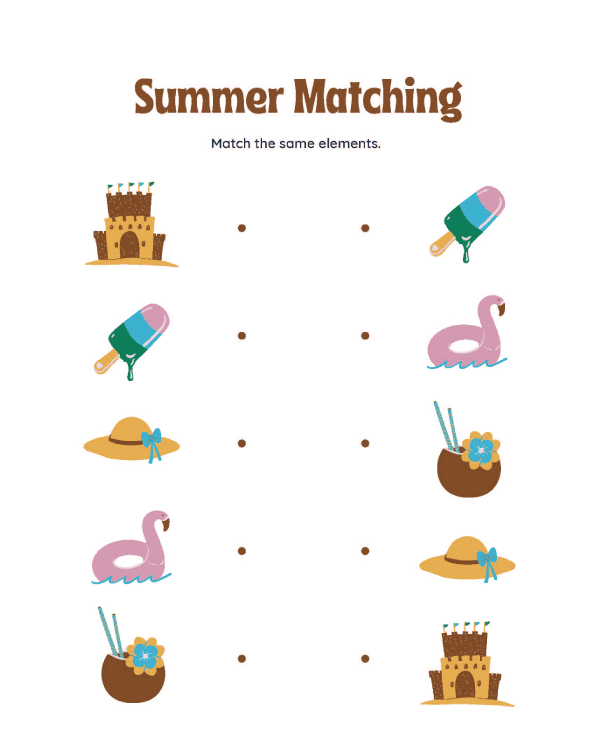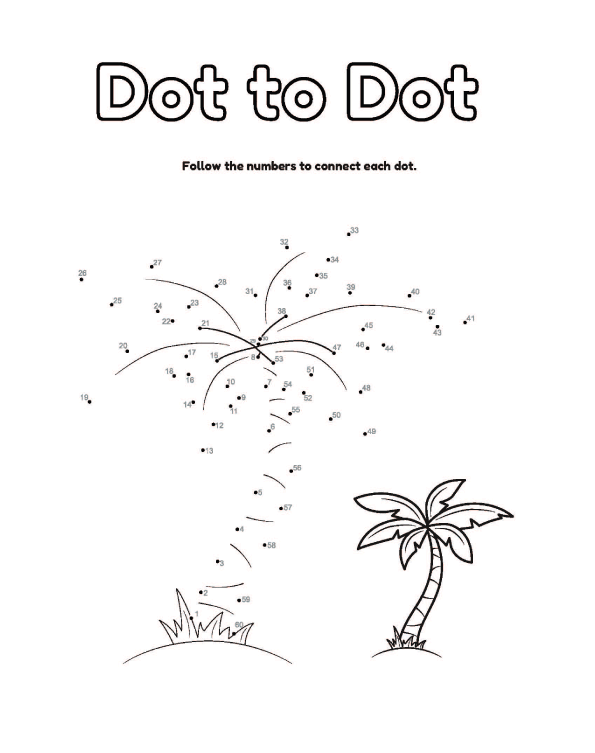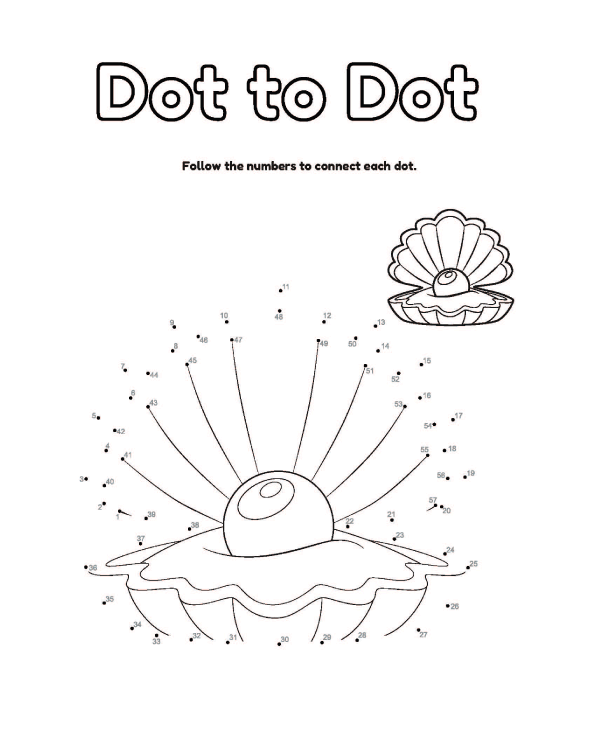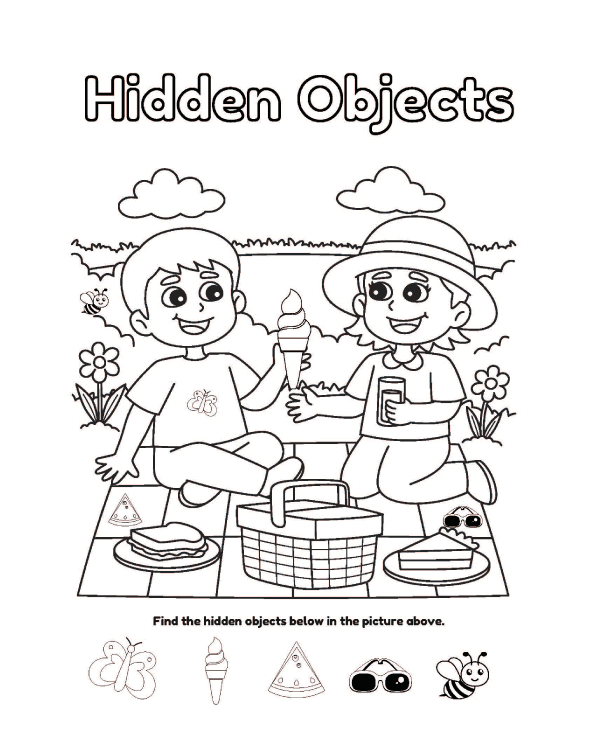Table of contents
Pre K worksheets are a powerful tool for helping young children learn essential skills before entering kindergarten. At the preschool stage, kids are curious, eager to explore, and naturally motivated to understand the world around them. Printable worksheets allow parents and teachers to nurture this curiosity through guided play and structured learning activities. These engaging resources combine fun, color, and creativity to teach letters, numbers, shapes, colors, and more—all in a way that children enjoy.
Whether you’re a parent preparing your child for school or a teacher designing classroom lessons, pre k worksheets offer countless opportunities to make learning interactive, personalized, and effective. In this article, we’ll explore the importance of using printable worksheets, discuss the key subjects they cover, and share creative ideas for hands-on learning that supports early development.
Why Pre K Worksheets Are Important
Early childhood education lays the foundation for a child’s lifelong learning. Pre k worksheets help reinforce critical developmental milestones by introducing concepts in bite-sized, age-appropriate ways. These printable activities also provide structure and repetition, which help young learners absorb new ideas and strengthen their memory.
Here are a few key benefits of using pre k worksheets in early education:
- Improves Fine Motor Skills
Cutting, coloring, tracing, and drawing on worksheets help children develop hand-eye coordination and strengthen the small muscles in their hands. These fine motor skills are crucial for writing and other tasks later on. - Builds Early Literacy and Numeracy
Worksheets that focus on letters, numbers, and phonics teach foundational skills in reading and math. Kids learn to recognize patterns, count objects, and connect letters with sounds. - Encourages Independence
Printable worksheets allow children to work at their own pace. As they complete tasks independently, they gain confidence and a sense of accomplishment. - Supports Different Learning Styles
Every child learns differently. Pre k worksheets can include visuals, auditory cues (when used with teacher guidance), and tactile activities—making them adaptable for visual, auditory, and kinesthetic learners alike. - Makes Learning Fun and Engaging
When learning feels like play, children stay interested longer. Bright illustrations, themed worksheets, and interactive elements help transform learning into an enjoyable experience.

Subjects Covered in Pre K Worksheets
Pre k worksheets are designed to introduce core academic subjects and early learning concepts. Here’s an overview of the subjects most commonly included in printable preschool resources.
1. Literacy and Language Development
Reading and writing skills begin long before a child starts kindergarten. Pre k worksheets focused on literacy encourage letter recognition, vocabulary growth, and basic writing practice.
Common literacy worksheet themes include:
- Alphabet tracing and recognition: Children practice uppercase and lowercase letters.
- Beginning sounds: Match letters to pictures (A for apple, B for ball).
- Rhyming words: Develops phonemic awareness.
- Name writing practice: Helps kids recognize and write their own names.
2. Math and Numbers
Early math skills are essential for building logical thinking. Pre k worksheets in math introduce counting, simple patterns, and number sequencing.
Popular math worksheet activities:
- Number tracing: Writing numbers 1–10 or 1–20.
- Counting objects: Matching pictures to numbers.
- Shapes and patterns: Identifying geometric shapes and continuing visual patterns.
- Sorting and comparing: Classifying items by size, color, or quantity.
3. Science Exploration
Preschoolers are naturally curious about how things work. Science-themed pre k worksheets nurture this curiosity through observation, comparison, and exploration.
Examples of science worksheet topics:
- Weather and seasons: Identifying sunny, rainy, and snowy days.
- Plants and animals: Learning about living things.
- Five senses: Matching sensory experiences to the right sense.
- Simple experiments: Recording results or drawing observations.
4. Social Studies and Community Awareness
Early social studies worksheets introduce children to their surroundings and help them understand their role in the community.
Common pre k worksheets for social learning:
- Community helpers: Identifying roles like teachers, firefighters, and doctors.
- Family and friends: Drawing and labeling family members.
- Cultural celebrations: Learning about holidays and traditions.
- Maps and directions: Recognizing simple locations like home, school, and park.
5. Art and Creativity
Creativity is just as important as academics. Art-based pre k worksheets allow kids to express themselves freely while improving coordination and imagination.
Fun creative worksheet ideas:
- Color-by-number activities.
- Dot-to-dot drawings.
- Cut-and-paste crafts.
- Pattern coloring pages.

How to Use Pre K Worksheets Effectively
To get the most benefit from pre k worksheets, it’s important to use them intentionally—not just as busy work. Here are strategies that make worksheet time productive and enjoyable:
1. Keep Sessions Short and Playful
Preschoolers have short attention spans. Limit worksheet time to 10–15 minutes per subject, and mix it with hands-on play, storytelling, or movement activities.
2. Focus on One Concept at a Time
When introducing a new skill (like letter “A” or number “5”), use pre k worksheets that reinforce that concept in multiple ways—through tracing, coloring, and matching games.
3. Use Worksheets as a Learning Extension
Combine worksheets with real-world experiences. For example, after a color worksheet, go on a “color hunt” around the house or classroom to find matching items.
4. Provide Positive Feedback
Celebrate effort as much as accuracy. Encouragement keeps children motivated to learn and improves their confidence.
5. Allow Flexibility
Some children prefer coloring first; others like tracing. Let them choose the order of tasks within a worksheet to promote autonomy and creativity.

Hands-On Activities to Pair with Pre K Worksheets
Printable worksheets are even more powerful when combined with hands-on activities that make abstract concepts tangible. Here are some fun and educational ideas that complement pre k worksheets across subjects.
1. Literacy Activities
- Alphabet scavenger hunt: Find objects that start with each letter of the alphabet.
- Storytime art: After reading a book, draw or color a scene from the story.
- Letter crafts: Make letters with playdough or string to reinforce recognition.
2. Math Activities
- Counting games: Use building blocks, buttons, or snacks for hands-on counting.
- Shape sorting: Collect everyday objects (spoons, lids, toys) and group them by shape.
- Measuring fun: Use cups or rulers to explore sizes and comparisons.
3. Science Activities
- Plant a seed: Observe and record growth on a worksheet chart.
- Sink or float: Experiment with household objects and mark results.
- Weather watch: Draw today’s weather symbol each morning.
4. Social Learning Activities
- Role play: Pretend to be community helpers after completing a related worksheet.
- Family collage: Create a family tree with photos or drawings.
- Map drawing: Make a simple map of the classroom or home environment.
5. Art and Sensory Play
- Finger painting: Explore color mixing after color-themed pre k worksheets.
- Cut-and-paste collages: Practice scissor skills while expressing creativity.
- Playdough letters and shapes: Combine fine motor play with academic learning.

Tips for Parents and Teachers
Both parents and educators play a vital role in how pre k worksheets are introduced. Here are tips for each group:
For Parents
- Create a dedicated learning space with crayons, pencils, and easy access to worksheets.
- Keep a binder or folder of completed pre k worksheets to track progress.
- Make learning part of daily routines—count snacks, name colors, and identify letters on signs.
- Encourage play breaks between worksheet sessions.
For Teachers
- Integrate pre k worksheets into centers or rotation stations during class.
- Differentiate worksheets to meet individual learning needs.
- Use group discussions to review completed worksheets and reinforce concepts.
- Display student work to boost confidence and pride.

Printable Pre K Worksheets by Theme
To keep things interesting, organize pre k worksheets around fun themes that connect learning to real-world experiences. Here are some popular ones:
- Seasons and Holidays – Fall leaves, winter snowflakes, spring flowers, summer fun.
- Animals and Nature – Farm animals, jungle creatures, ocean life.
- Transportation – Cars, planes, trains, and boats.
- Community Helpers – Firefighters, doctors, teachers, and mail carriers.
- Colors and Shapes – Rainbows, patterns, and geometric designs.
- Alphabet Adventures – A different worksheet for every letter of the alphabet.
- Numbers and Counting – Themed worksheets with everyday objects to count.
Free vs. Premium Pre K Worksheets
When searching for printable materials, you’ll find both free pre k worksheets and paid options. Here’s how to decide which is right for you:
- Free Worksheets: Great for quick lessons, supplemental practice, or budget-friendly options. Many websites offer downloadable PDFs that cover basic literacy and math.
- Premium Worksheets: Ideal for structured curriculums or ongoing programs. These often include themed bundles, progress tracking, and interactive components.
Whichever you choose, consistency is key. Using pre k worksheets regularly helps reinforce lessons and gives children a sense of routine.
Days of the Week: An Introduction to Calendars for Young Learners
How to Print and Organize Worksheets
To make the most of your printable pre k worksheets, organization is essential.
- Choose high-quality paper: Thicker sheets prevent ink bleeding and are easier for young hands to handle.
- Use color when possible: Bright visuals hold attention longer.
- Sort by subject or week: Create folders labeled “Math,” “Letters,” or “Science.”
- Laminate for reuse: Protect worksheets and turn them into dry-erase activities.
- Bind into learning books: Assemble related worksheets into mini workbooks for each theme.
Conclusion:
Pre k worksheets are an invaluable resource for early learning, blending fun with foundational skills across every subject. They help children develop literacy, numeracy, creativity, and social understanding—all while fostering independence and confidence. Printable worksheets give parents and teachers the flexibility to create engaging lessons at home or in the classroom.
By combining pre k worksheets with hands-on activities, positive reinforcement, and plenty of playtime, you can turn early education into an exciting adventure that prepares children for a lifetime of learning.
So, whether you’re teaching the alphabet, counting to ten, or exploring the wonders of nature, remember: learning starts with curiosity—and the right pre k worksheets can make that journey both joyful and rewarding.
🧠 Download worksheets now and enjoy moments of thinking and fun with your children.(50 Pages) 🧠